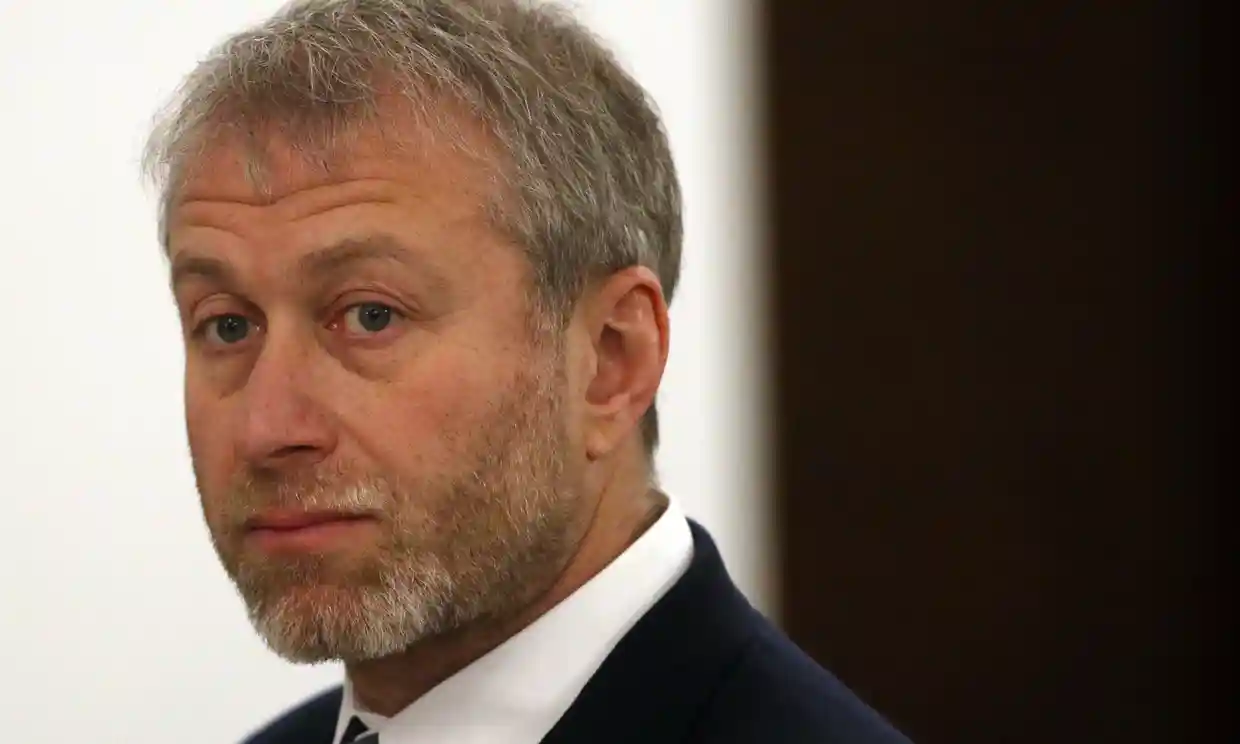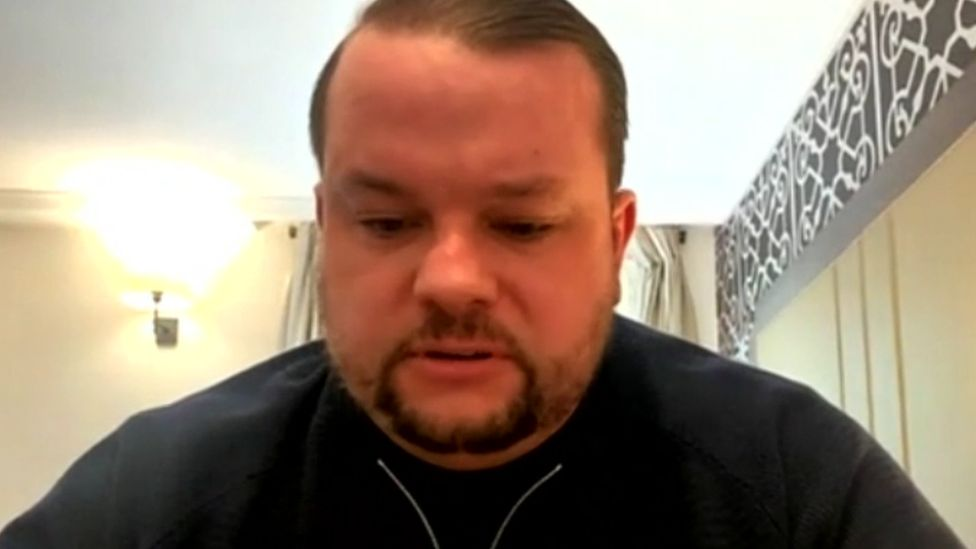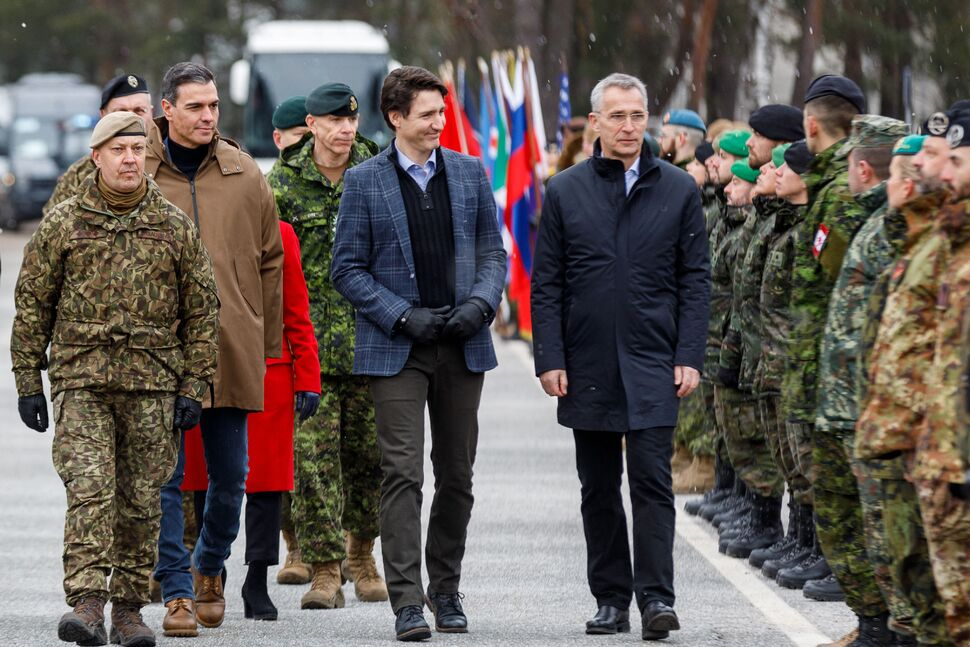UK freezes assets of seven Russian oligarchs including Roman Abramovich
The Chelsea football club owner, Roman Abramovich, is among seven of Russia’s wealthiest and most influential oligarchs who have been hit with sanctions by the UK, in an effort to further punish allies of Vladimir Putin over the invasion of Ukraine.
Abramovich was found by the UK government to have “received preferential treatment and concessions” from the Kremlin and through his business links been “involved in destabilising Ukraine and undermining and threatening the territorial integrity, sovereignty, and independence” of the eastern European country.
The Foreign Office said he was implicated through a steel manufacturing and mining company, Evraz plc, in which he had a significant shareholding and over which he exercised effective control.
Abramovich’s assets have been frozen, and he will be prohibited from making any transactions in the UK, as well as being subject to a travel ban.
The share price of Evraz, a firm which is incorporated in London but with mostly Russian assets, slumped by as much as 13% on Thursday morning, following the announcement. Abramovich’s stake was worth £1.4bn at the end of 2021, but had plummeted to £320m on Wednesday evening.
It is the first time Abramovich has been subjected to sanctions by the UK or any of its allies.
The other Russian oligarchs hit with sanctions on Thursday morning were Igor Sechin, Oleg Deripaska, Andrey Kostin, Alexei Miller, Nikolai Tokarev and Dmitri Lebedev.
Deripaska was Abramovich’s one-time business partner, Sechin was said by the Foreign Office to have been Putin’s “right-hand man”, and Kostin, Miller, Tokarev and Lebedev were labelled as part of the Russian president’s “inner circle”.
- Deripaska owns 45% of London-listed mining company En+ Group, whose executive chair until Monday was the Conservative party peer Lord Greg Barker. Deripaska’s stake was worth £1.6bn on Wednesday evening.
- Sechin is the chief executive of state-owned oil company Rosneft and formerly Russia’s deputy prime minister. France last week seized a superyacht that it said belonged to Sechin, although Rosneft has denied he owned it.
- Kostin is chair of the management board of Russia’s second-largest bank, VTB Bank. The bank, which was traded on the London Stock Exchange before the invasion, has also had sanctions imposed directly.
- Miller is the chair of the management committee of Gazprom, the state-controlled gas producer that was formerly a major sponsor of European football.
- Nikolai Tokarev is chair of Transneft, a major oil and gas company.
- Dmitri Lebedev is the chair of the board of Bank Rossiya, said by the EU to be the “personal bank of senior officials of the Russian Federation”.
Boris Johnson said the move was a demonstration of the UK’s “unwavering support for the Ukrainian people”. The prime minister added: “We will be ruthless in pursuing those who enable the killing of civilians, destruction of hospitals and illegal occupation of sovereign allies.”
The sanctions against Abramovich have huge repercussions for Chelsea Football Club, which Abramovich was in the process of trying to sell. Ministers have effectively blocked that process.
A government source told the Guardian they would consider an application for a licence to allow sale of the club – but that it would not be granted if it benefited Abramovich while he was subject to sanctions.
Nadine Dorries, the culture secretary, said a special licence had been issued to allow games to be played, staff to be paid and existing ticket holder to attend matches but that Abramovich would be deprived of benefiting from his ownership of the club.
“I know this brings some uncertainty, but the government will work with the league and clubs to keep football being played while ensuring sanctions hit those intended,” she added.
David Lammy, the shadow foreign secretary, said sanctions against Abramovich was the right decision but overdue.
“Too few oligarchs linked to Putin’s rogue regime have so far faced sanctions from the UK government,” he said. “We are lagging far behind allies in the EU and the US.
“It is right that, under pressure from Labour, the government U-turned to strengthen sanctions legislation. Ministers must now move faster to continue to close the sanctions gap.”
Before the Russian invasion of Ukraine, Abramovich’s lawyers had argued that he did not fit the criteria for sanctions, and said: “It would be ludicrous to suggest that our client has any responsibility or influence over the behaviour of the Russian state.”
Sanctions have been imposed against 204 people in the UK, and 65 entities.
The government has been criticised for being too slow to impose sanctions, given Russia’s invasion of Ukraine began just over two weeks ago.
Critics said that those oligarchs fearing they could have their assets frozen would have speedily worked to move these out of the country.




